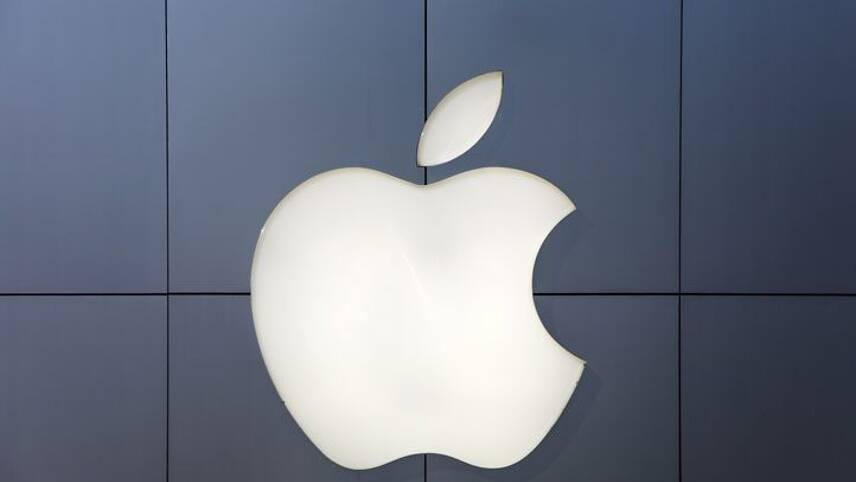Register for free and continue reading
Join our growing army of changemakers and get unlimited access to our premium content

Electronic waste (e-waste) is the fastest growing form of domestic waste globally.
Apple has stated in an updated that it will evaluate the work of its major manufacturing suppliers and partners and track yearly progress on implementations such as running on clean energy and efficiency upgrades, in a bid to boost wider levels of decarbonisation across the supply chain.
Apple has been carbon neutral for its global corporate operations since 2020 and is building plans to become net-zero emissions across its business, supply chains and products by 2030, pledging to reduce emissions by 75% and develop carbon removal solutions for the remaining 25%.
The company has stated it will provide an array of platforms, digital tools and best practice to help suppliers step up decarbonisation efforts.
“Fighting climate change remains one of Apple’s most urgent priorities, and moments like this put action to those words,” Apple’s chief executive Tim Cook said.
“We’re looking forward to continued partnership with our suppliers to make Apple’s supply chain carbon neutral by 2030. Climate action at Apple doesn’t stop at our doors, and in this work, we’re determined to be a ripple in the pond that creates a bigger change.”
Apple is widely regarded as an industry leader in terms of supply chain sustainability, having previously topped the Green Supply Chain Corporate Information Transparency Index (CITI). The company has launched huge programmes aimed at mobilising suppliers to procure clean energy.
In 2021, Apple revealed that more than 100 of its manufacturing partners across the supply chain had agreed to source 100% renewable electricity for the production of Apple products, a move that looks set to avoid more than 15 million tonnes of carbon emissions annually.
In total, 110 of Apple’s manufacturing partners agreed to a commitment to only use renewable energy for the production of the tech giant’s products. According to Apple, this will spur demand for more than 8GW of clean energy that will avoid more than 15 million metric tonnes of CO2e annually – equivalent to taking 3.4 million cars off the road each year.
That number has now risen to 200 suppliers, covering more than 70% of Apple’s direct manufacturing spend. Apple is now calling on its suppliers to focus on wider decarbonisation efforts, beyond just reducing emissions for Apple products.
Apple has also launched a US-China Green Fund that will invest $100m across the supply chain on energy efficiency projects. Specifically, the fund enables Apple and its suppliers to invest in clean energy projects totalling more than one gigawatt of renewable energy in China.
Carbon removal projects
With Apple aiming to cover 25% of its value chain emissions by utilising carbon removal projects, the company has also announced three new initiatives through its carbon-removal platform.
The Restore Fund aims to generate a financial return on projects while removing carbon dioxide from the atmosphere.
The company is partnering with Conservation International and Goldman Sachs on three forestry projects in Brazil and Paraguay to restore 150,000 acres of forests and 100,000 acres of native grasslands and wetlands.
The projects are projected to remove one million metric tonnes of carbon dioxide from the atmosphere by 2025.
Additionally, Apple had announced plans to support analysis by Carbon Direct that will identify pathways for developing sustainable aviation fuels.
Finally, Apple is partnering with the ChangemakerXchange platform to create a network of youth-led climate activism and innovation. The initiative will launch in Egypt at COP27 and over the next two years will support a group of 100 change-makers and social innovators — 50 from Europe and 50 from the Middle East and North Africa.


Please login or Register to leave a comment.